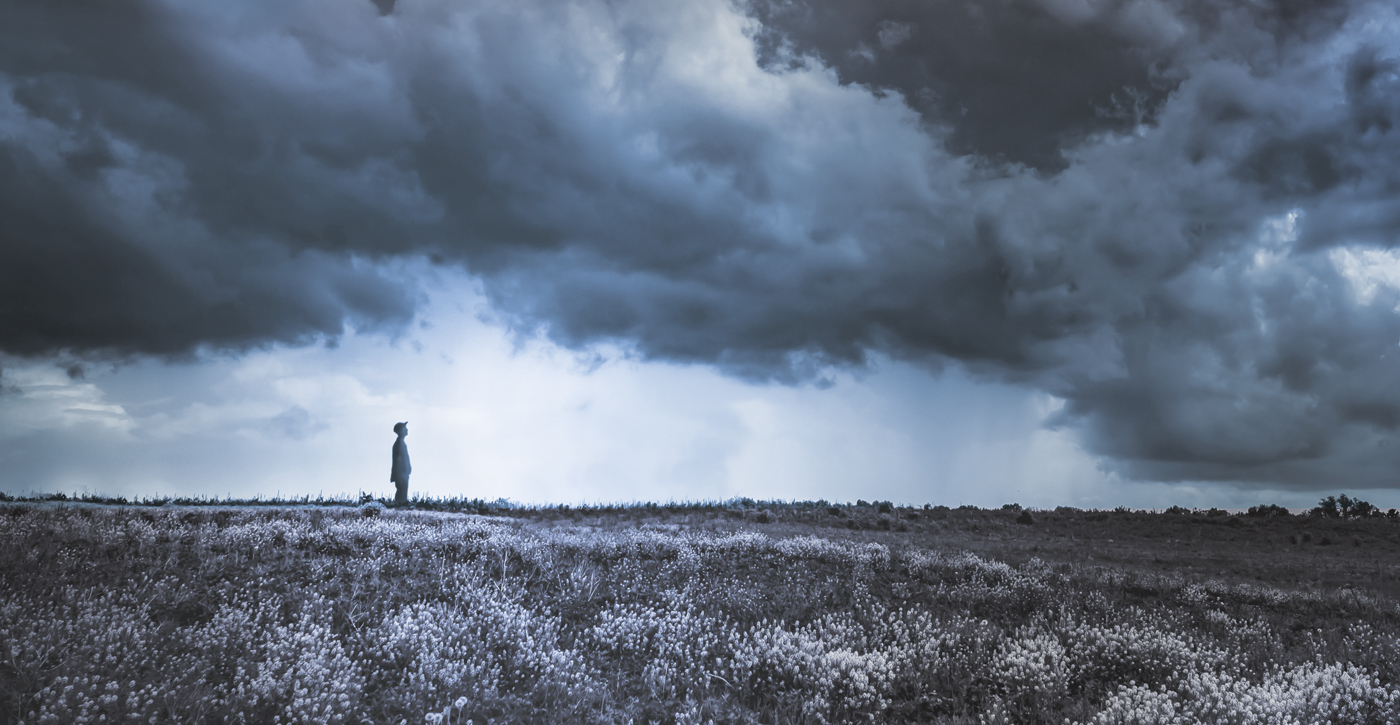I have been carrying a burden of shame for a gross error in judgment. It creeps up on me at unexpected times, haunting me and sapping my confidence. In order to move on, prepared to undertake the work to which I am called, I need to forgive myself. I was recently moved by a description of repentance given by author Marcus Borg: "To repent does not mean to feel really bad about sins; rather, it means to embark upon a path of return. The journey begins in exile, and the destination is a return to life in the presence of God." I have been traveling that path. I have felt myself in the presence of God.
I know that adolescence is a time for trying on many ideas, trying to figure out where one’s place is in the world, and feeling the burden of peer pressure. Despite these realities, I have found it difficult to excuse a brief friendship I had, a friendship that did not reflect my values. I think of it as the ultimate illustration that I was adrift. When I was 15 I had a friend who associated with white supremacists. To admit this aloud is repugnant to me, to everything I believe in, and everything I am working toward as an adult. It was a short-lived friendship, and I never espoused any of the tenets that this friend’s associates upheld. Nonetheless, there is no excuse for my friendship.
I remember other friends singing to me a line from a song by the Specials, a British ska band: "If you have a racist friend, now is the time for your friendship to end." The song continues, "Be it your sister, be it your brother, be it your cousin, or your uncle or your lover." Many of us have a loved one who is racist, and I remember grappling with this idea, trying to figure out how one would negotiate a loving relationship with a person who held such views. That struggle can be a worthwhile one. However, this friendship I had could only cause harm.
One day at his house, he put on a record that someone had loaned him. I sat paralyzed, horrified at the message of hate on the record. I felt sick to my stomach, and tried to casually say I had to go home. I want so badly to say now that I told him this kind of record was unacceptable, that he should seriously rethink who he spent time with. However, my memory is fuzzy. I don’t think I did that. I think I lacked courage and remained silent. Soon after, we ceased spending time together.
Did he really believe these things? I don’t think he did. I think he was drawn to a kind of aura of power and confidence. After all, those white supremacists were so clear in what they believed.
At the time, I certainly had very strong feelings about social justice, but I struggled to articulate my views—and to find a way to make these views manifest in my actions. I have been empowered by the conviction that my words and actions can be testimony to what I have experienced as truth. I have drawn strength from inward reflection, and from the unexpected messages I can hear in the silence of worship. Among Friends, I know it is accepted that the process of bearing witness, of bringing one’s inward beliefs and outward actions into alignment, will be a lifelong process. Rather than feel bad about how few answers I have now, I can trust that through spiritual discipline and discernment, I will grow in positive (if unexpected) directions.
As an adult I have been passionate about antiracism work. In workshops I have shared stories about childhood experiences of racism, of gaining consciousness of racial identity (and, for me, white skin privilege), of working to combat racism in the communities in which I have participated. I have always omitted this story, this friendship that should not have been.
I recently learned that the area where I have recently moved with my husband, and where we will raise our family, has experienced conflicts with white supremacist groups. My first instinct was to contact local Friends meetings, to find out what work they are doing. I felt that I needed to make contact with antiracist allies. Participating in the Quaker community has helped me feel grounded; I have a place on which to stand while I struggle to discern what steps to take next.
For most of my life I lived in multiracial urban communities. Due to my neighbors, I was particularly compelled to educate myself about the issues facing immigrants, and to speak out against anti-immigrant bias. In my new community, this will be an important part of my work. It is a semirural area that attracts many migrant farm workers, and communities are struggling to figure out how to incorporate newcomers. I know I have been led to this place, where in unfamiliar surroundings I can work on familiar problems. In order to join the coalition of people that is working to transform hatred and prevent violence, I needed to confront myself about that embarrassing friendship, my unspoken skeleton.
I am grateful to look back at this incident and see it as a wake-up call. A moment of conversion, it turned me toward a path upon which I find it impossible to remain silent in the face of injustice. For me, antiracism work is at the heart of peacemaking.



